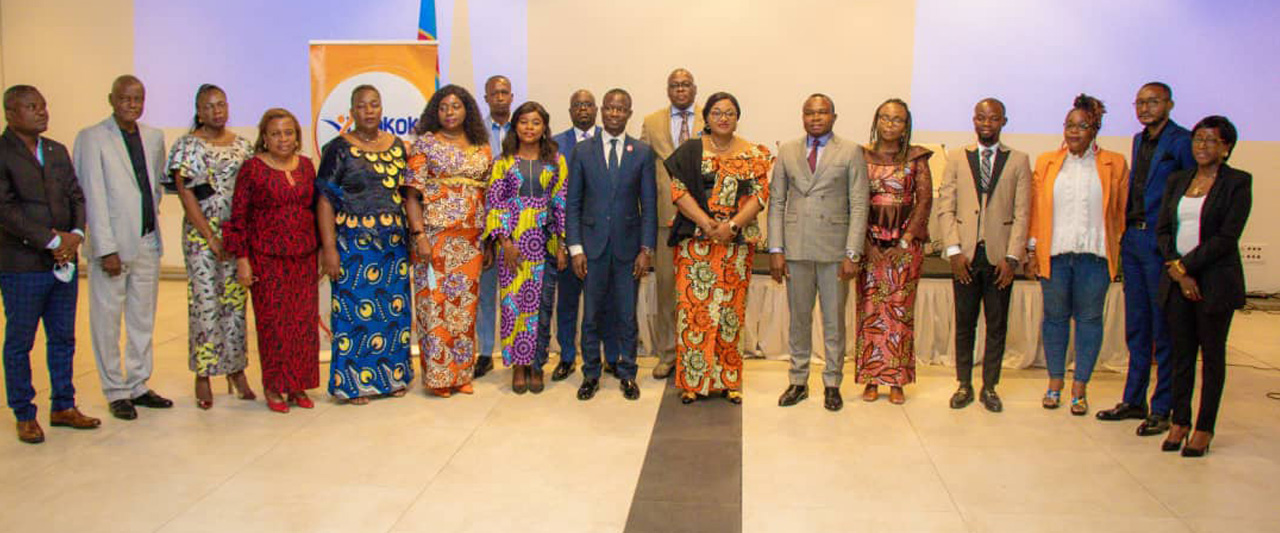Ipas Democratic Republic of Congo (DRC) recently organized an intergenerational dialogue on sustainable ways to tackle abortion-related issues in the country—in collaboration with the National Ministry of Gender and The Coalition de Lutte Contre Les Grossesses Non-Desirees (CGND) (a coalition to end unwanted pregnancy).
The event commemorated the fourth anniversary of the signing of the Maputo Protocol, an international treaty ratified by the government of the DRC and a critical tool for the advancement of women and girls on the African continent. In the DRC, the Maputo Protocol is the sole legal instrument that authorizes abortion under specific conditions.
Activists from women- and youth-led organizations and reputed media houses attended, as well as key government officials from the Ministries of Justice, Gender, Public Health, and Youth—and members of Parliament.
The dialogue facilitated open and honest conversations about the realities of abortion—including the stigma that prohibits it and the lives lost from hidden and unsafe abortions, forced by taboo. Participants also discussed recent advancements and next steps for expanding abortion access, such as increasing efforts to popularize the Maputo Protocol and urging the government to address various conflicting and contradictory sources of law that continue to deny abortion access to Congolese women.
One integral solution proposed was met with universal enthusiasm by the audience: bringing women’s voices to the forefront and supporting female leadership.
Header image: Representatives from DRC government, Ministry of Gender, Coalition de lutte contre les Grossesse Non Désirées (CGND) and Ipas staff.


